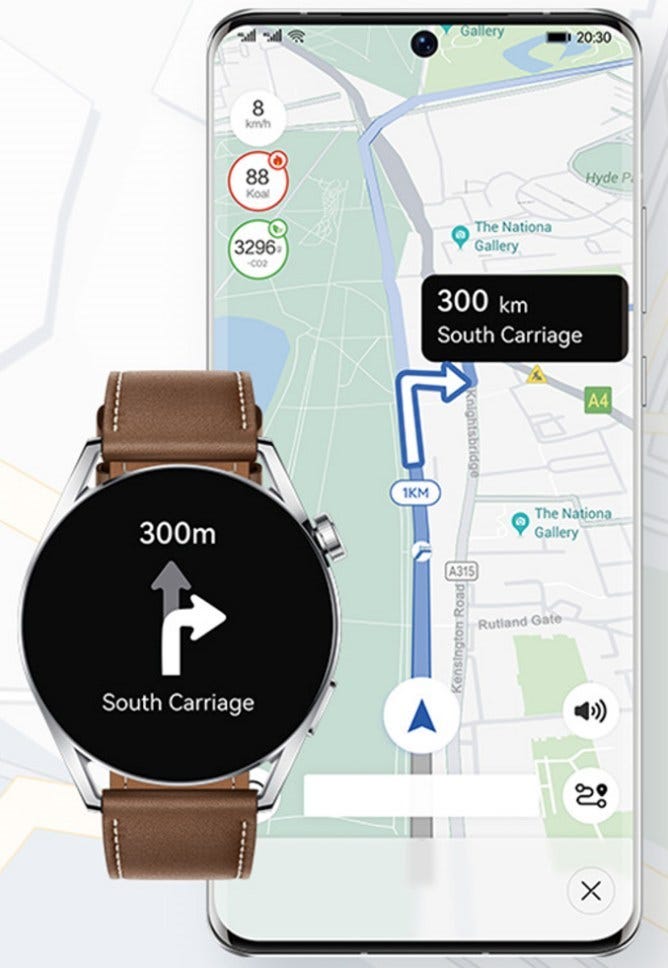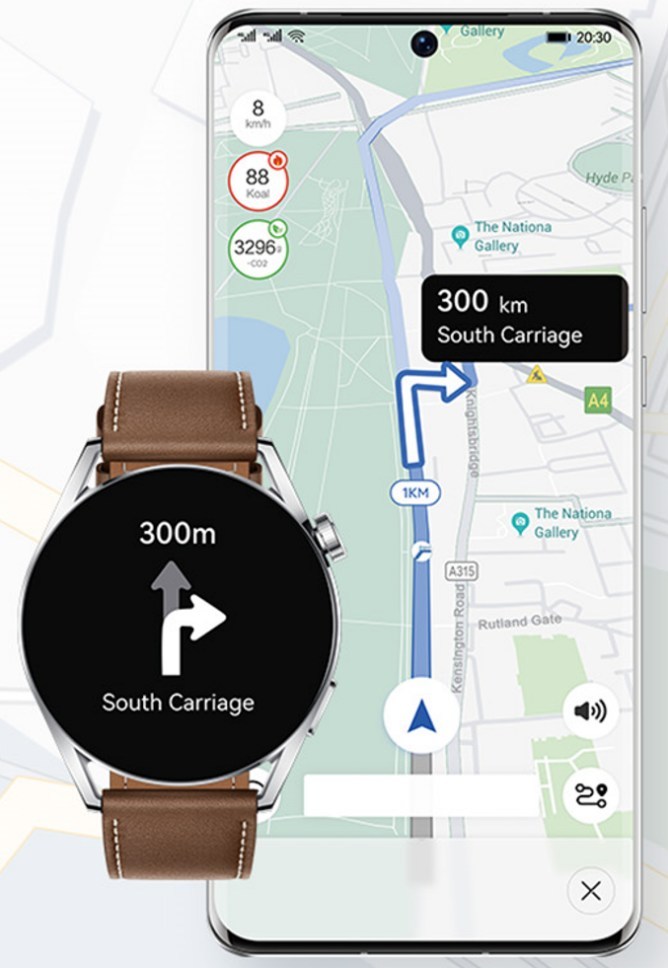Could Chinese companies use location technology to spy on consumers?
The U.S. Federal Communications Commission is prepared to ban the sale of new Huawei and ZTE equipment nationwide because of national security concerns. In particular, the Biden administration is concerned that U.S. cell towers, with Huawei’s equipment installed, could transmit sensitive information about military bases to China.
A Washington Post article said that Huawei, in China, actively participated in such surveillance activities as voice recording analysis, detention center monitoring, location tracking of political individuals of interest, police surveillance in the Xinjiang region and corporate tracking of employees and customers.

Huawei is no stranger to the location industry. At the Mobile World Congress in Barcelona this year, Huawei unveiled Petal Maps, a map navigation system that leverages mobile phone hardware and intelligent algorithms. The mapping capabilities include indoor and outdoor positioning, lane guidance, offline maps, 3D architecture, multi-terminal collaboration between smartphones and watches.
Huawei and ZTE are not the only Chinese companies under scrutiny for using location technology. As Location Business News reported in July, the Chinese-made MiCODUS MV720 GPS tracker has six severe vulnerabilities that could, if exploited, cut off a vehicle’s fuel, physically stop it, or surveil its movement.
A report by Boston-based cybersecurity firm BitSight says that there are 1.5 million MV720 trackers used in 169 countries. The tracker’s worldwide sales figures are staggering: 420,000 customers that include government, military, law enforcement agencies, and Fortune 1000 companies.



























